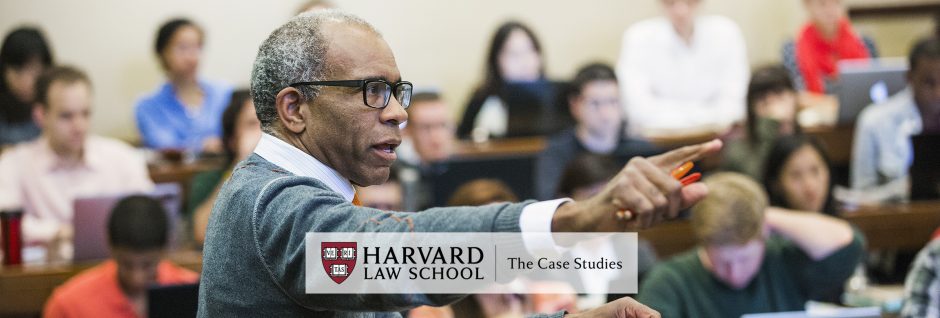New Product: MOOCs and Consequences for the Future of Education
Professor Charles Nesson believes that the Internet has a “generative capacity for expanding our public realm”; it seems that the creators of MOOCs, or massive open online courses, share his philosophy. Industry leaders like Coursera, Udacity, and edX have rapidly developed video lectures and online assignments for the masses; these MOOCs created a free cyberspace for the exchange of ideas, bolstered by relatively small fees for course certificates and licensing agreements with brick-and-mortar institutions. In the past few years, MOOCs have helped the public realm go virtual.
But, for better or worse, education wasn’t the same in the virtual world. The State of California, under pressure to extend its public university course offerings while on a tight budget, thought it had found a solution in online education. But when it proposed in 2011 that MOOCs be accepted as college credit, the Department of Philosophy at San Jose State University was alarmed. “What are the essential components of a good quality education in a university?” the Department asked Harvard professor Michael Sandel, the instructor for the free online philosophy course JusticeX. MOOCs had become competitors to brick-and-mortar institutions, and the virtual threatened to undermine the physical public sphere.
Professor Nesson saw this problem—how to educate the world—and saw in the MOOC craze and crisis the perfect case study to analyze possible solutions. Designed for the fall 2013 Harvard Law School course “Internet and Society: Creating the Public Domain,” the case study MOOCs and Consequences for the Future of Education surveys the growth of MOOCs and contextualizes the San Jose State reaction. The goal of the case and the course was meta: “a participatory re-think of legal education,” says Nesson. Using a problem solving methodology pioneered at HLS, this case study had students confront the issue as lawyers would: hands-on and from the very beginning. Participants discussed the challenges and opportunities of exporting Harvard education worldwide through the edX model, and adopted stakeholder points of view to negotiate best practices for the fledgling field of free online education.
Nesson, a founder and director of the Berkman Center for Internet & Society, has taught cyberlaw, evidence, torts, and criminal law at Harvard Law School since 1966. For decades, Nesson has pioneered classroom innovation on campus; his early computer simulation on Evidence is still in use today. Nesson’s co-author, Jeffrey R. Young, is a senior editor at The Chronicle of Higher Education on fellowship at the Nieman Foundation for Journalism and the Berkman Center. Young has written extensively about the role of MOOCs in higher education; his e-book, Beyond the MOOC Hype: A Guide to Higher Education’s High-Tech Disruption, is available on Amazon.
The suite of Internet & Society case studies are available free of charge on the Case Studies website. For more information, or to discuss how to adapt the case study and problem solving pedagogy for your academic or professional education needs, contact the Case Studies Program at hlscasestudies@law.harvard.edu.


